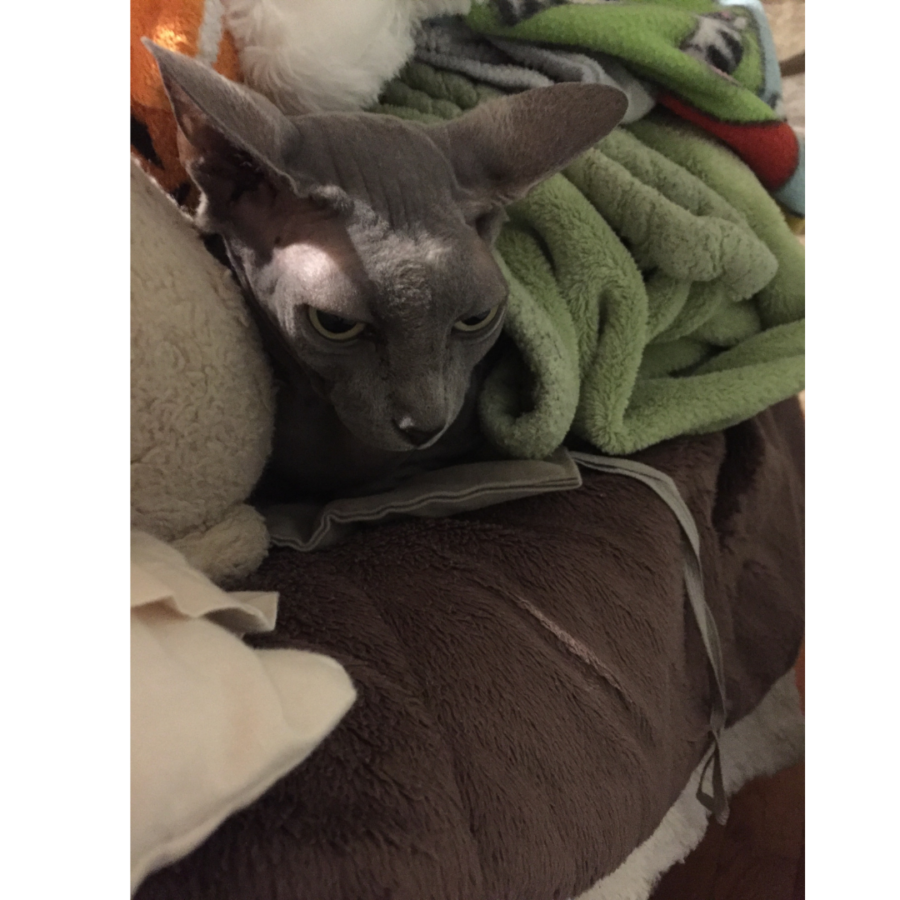I’ve gotten accustomed to a certain level of introvert comfort lately.
As I wrote in the spring, this whole quarantine situation has been a bit of a relief for us introverted folks. We have to stay home, and YOU have to stay home, and we don’t have to come up with excuses not to go to things, and it’s like getting to exhale a breath we didn’t realize we’d been holding for a couple hundred thousand years.
To add to that, I changed careers, leaping from the highest extroverted cliffs of middle school teaching to the balmy, introverted lowlands of freelance writing. My professional communications are conducted entirely through email and Google Doc comments, and if it weren’t for my children asking me seventeen thousand questions between 3:30pm and bedtime, I might lose the ability to speak altogether.
It feels good to me.
That does not, of course, make it good for me.
I was reminded of that this week, as I listened to Brené Brown interview David Eagleman about neuroplasticity. Our brains are changing constantly, Eagelman said, and to fend off cognitive decline, it’s important to keep doing things that are challenging and uncomfortable.
What is the most challenging, uncomfortable, and beneficial thing for our brains to do, you ask?
Talking to other people.
SIGH.
Apparently our brains do more heavy lifting with one social interaction than with a whole book of Donald Sutherland word searches. That’s why isolation is closely associated with dementia, and why I guess I should get some Zooms going.
Teaching was exhausting, but it at least took the social initiative for me. People—some of them challenging—were thrust into my problem-solving centers daily, whether I felt like picking up the phone or not. My short-term discomfort was keeping my brain healthy and my car keys out of the refrigerator.
And that, really, is the bigger reminder, I suppose: Comfort is not the ultimate destination.
As Brené put it in the podcast, “So many of us have framed successful adulthood as never having to be uncomfortable at anything again… when that feels like the most dangerous thing in the world to me.”
Uggghhhhhhhhhhh I hate it that she’s right.
I’m not getting any better, wiser, or more useful as a person relaxing in my sherpa-lined tower of social avoidance, or in any situation in which I feel comfortable and risk-free.
For me, this lesson also gets folded into the empathy conversation from the past few weeks. Part of the appeal of not being around people is that I don’t have to be around difficult people—you know, the ones who make me uncomfortable. That’s not growing my brain or my empathy, and empathy grows the world.
I’m not going to end this by encouraging you to go out and seek some discomfort, because it is HIGHLY likely that you have quite enough of it already. Teachers in particular can tell me or anyone else hocking personal development right now to walk directly into the nearest ocean.
However, I will gingerly offer that if you feel stretched, stressed, and super uncomfortable at the moment, you’re probably becoming a superhero. Likely one we need but don’t deserve.
And if you don’t have the energy to care about that at the moment, I think it will still be waiting for you when the storm is over. Hang in there.
I’m going to go make some phone calls.



To one introvert from this introvert … hi! Did you ever read “Quiet- the power of introverts in a world that won’t quit talking “ by Susan Cain
It helped me understand me, not totally of course. I agree with what you have written today, even though I wanna. And as a retired banker who is now a para in a room full of third graders I know your pain.
Hi Paul! I cannot explain why, but I’ve never read Quiet! It’s been recommended to me many times and I just haven’t done it, but I’m going to buy it this time. God speed with the third graders.